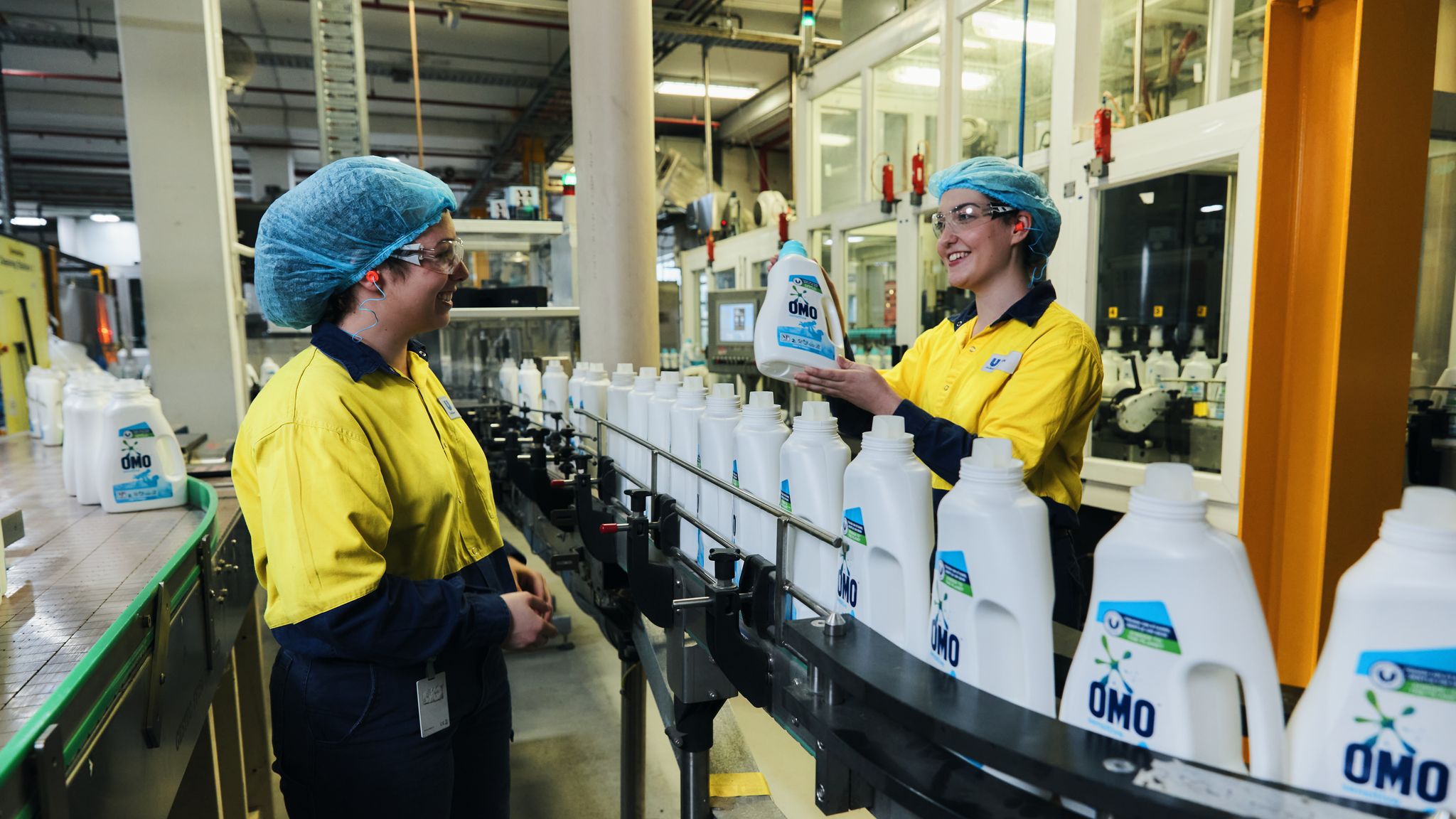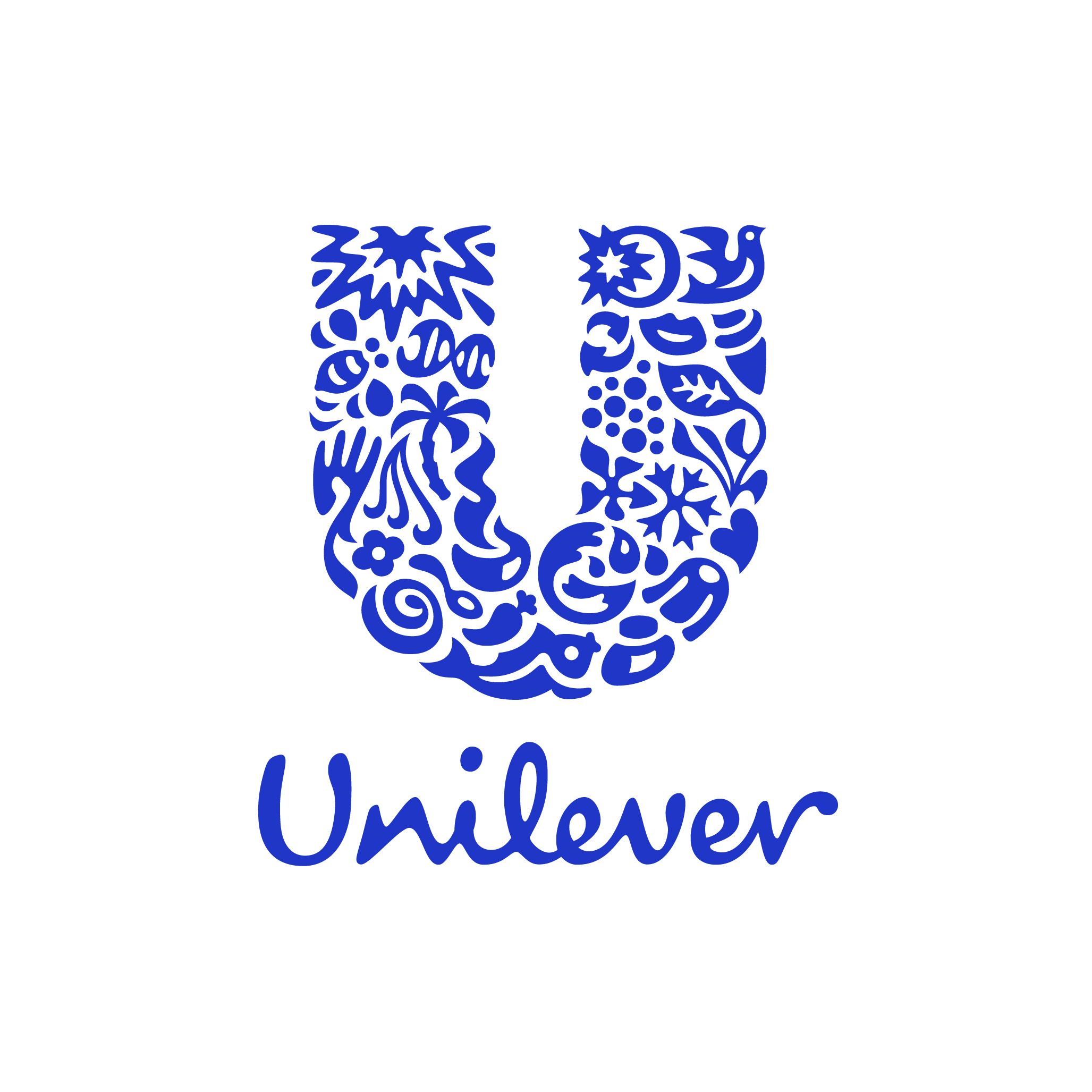

Unilever ANZ

1.6
New South Wales, Australia
August 2022
Personal care products
Manufacturing
Australia,
New Zealand
Unilever’s purpose is to brighten everyday life for all. On any given day, approximately 14 million Australians and New Zealanders use Unilever products – including Continental, Magnum, OMO, Persil, Comfort, Surf, Blue Ribbon, Splice, Golden Gaytime, Bubble O Bill, Paddle Pop, Weis, and TRESemmé. Unilever ANZ wants to deliver best in class performance, with market-making, unmissable brands while accelerating progress across four sustainability priorities: climate, nature, plastics, and livelihoods. This includes reducing emissions across its value chain, sustainable sourcing, innovating packaging to reduce plastic waste, and improving livelihoods for smallholder farmers. Unilever ANZ focuses on core behaviours and values to drive an inclusive, diverse and engaged culture. From the suppliers that provide essential ingredients, to the employees that bring the brands to life, to the partners that sell its products, and the people who enjoy them every day – Unilever ANZ is building a coalition of the willing to help shape a more equitable and regenerative economy for all.
Overall B Impact Score
Governance 13.2
Governance evaluates a company's overall mission, engagement around its social/environmental impact, ethics, and transparency. This section also evaluates the ability of a company to protect their mission and formally consider stakeholders in decision making through their corporate structure (e.g. benefit corporation) or corporate governing documents.
What is this? A company with an Impact Business Model is intentionally designed to create a specific positive outcome for one of its stakeholders - such as workers, community, environment, or customers.
Workers 27.1
Workers evaluates a company’s contributions to its employees’ financial security, health & safety, wellness, career development, and engagement & satisfaction. In addition, this section recognizes business models designed to benefit workers, such as companies that are at least 40% owned by non-executive employees and those that have workforce development programs to support individuals with barriers to employment.
Community 17.5
Community evaluates a company’s engagement with and impact on the communities in which it operates, hires from, and sources from. Topics include diversity, equity & inclusion, economic impact, civic engagement, charitable giving, and supply chain management. In addition, this section recognizes business models that are designed to address specific community-oriented problems, such as poverty alleviation through fair trade sourcing or distribution via microenterprises, producer cooperative models, locally focused economic development, and formal charitable giving commitments.
Environment 19.1
Environment evaluates a company’s overall environmental management practices as well as its impact on the air, climate, water, land, and biodiversity. This includes the direct impact of a company’s operations and, when applicable its supply chain and distribution channels. This section also recognizes companies with environmentally innovative production processes and those that sell products or services that have a positive environmental impact. Some examples might include products and services that create renewable energy, reduce consumption or waste, conserve land or wildlife, provide less toxic alternatives to the market, or educate people about environmental problems.
What is this? A company with an Impact Business Model is intentionally designed to create a specific positive outcome for one of its stakeholders - such as workers, community, environment, or customers.
Customers 4.8
Customers evaluates a company’s stewardship of its customers through the quality of its products and services, ethical marketing, data privacy and security, and feedback channels. In addition, this section recognizes products or services that are designed to address a particular social problem for or through its customers, such as health or educational products, arts & media products, serving underserved customers/clients, and services that improve the social impact of other businesses or organizations.